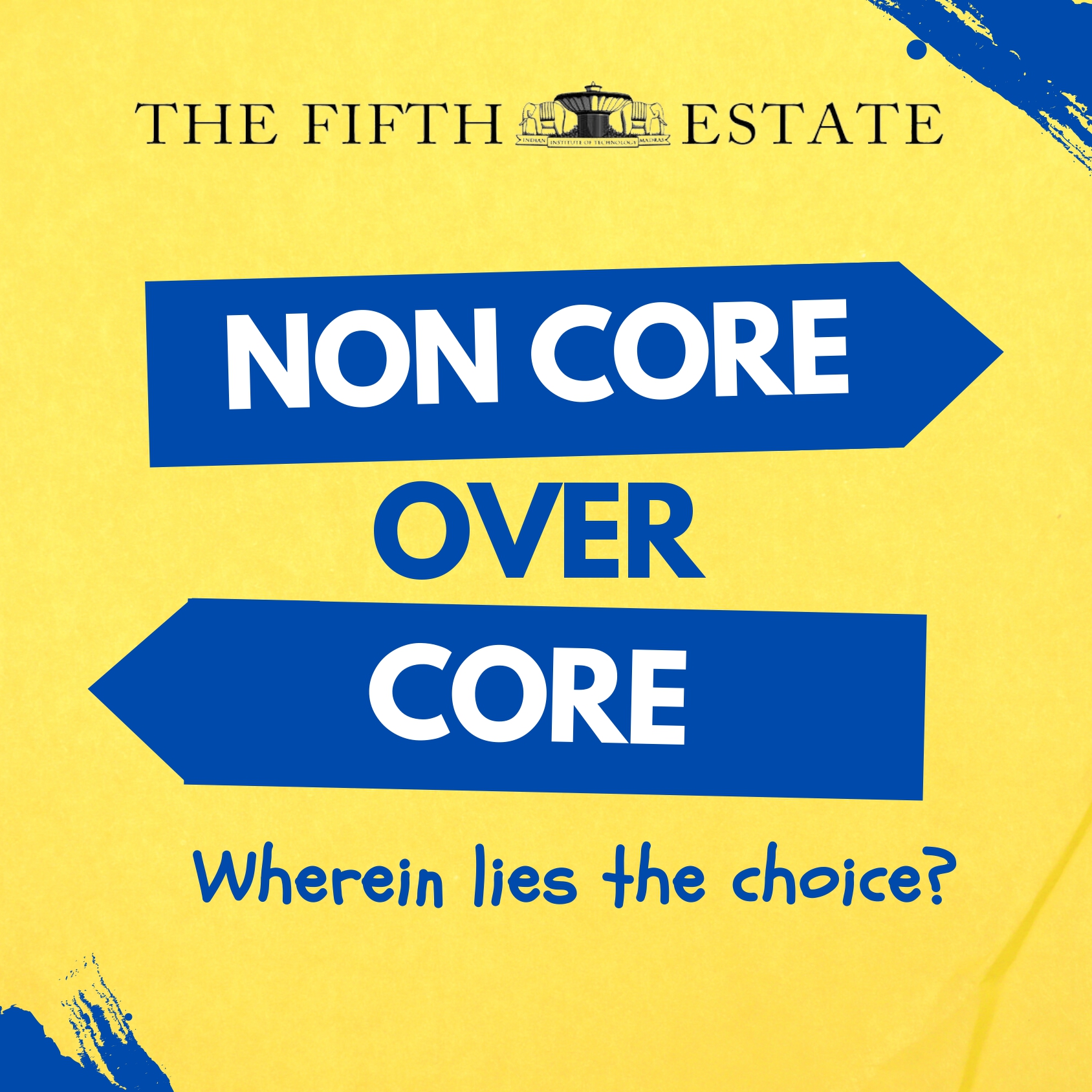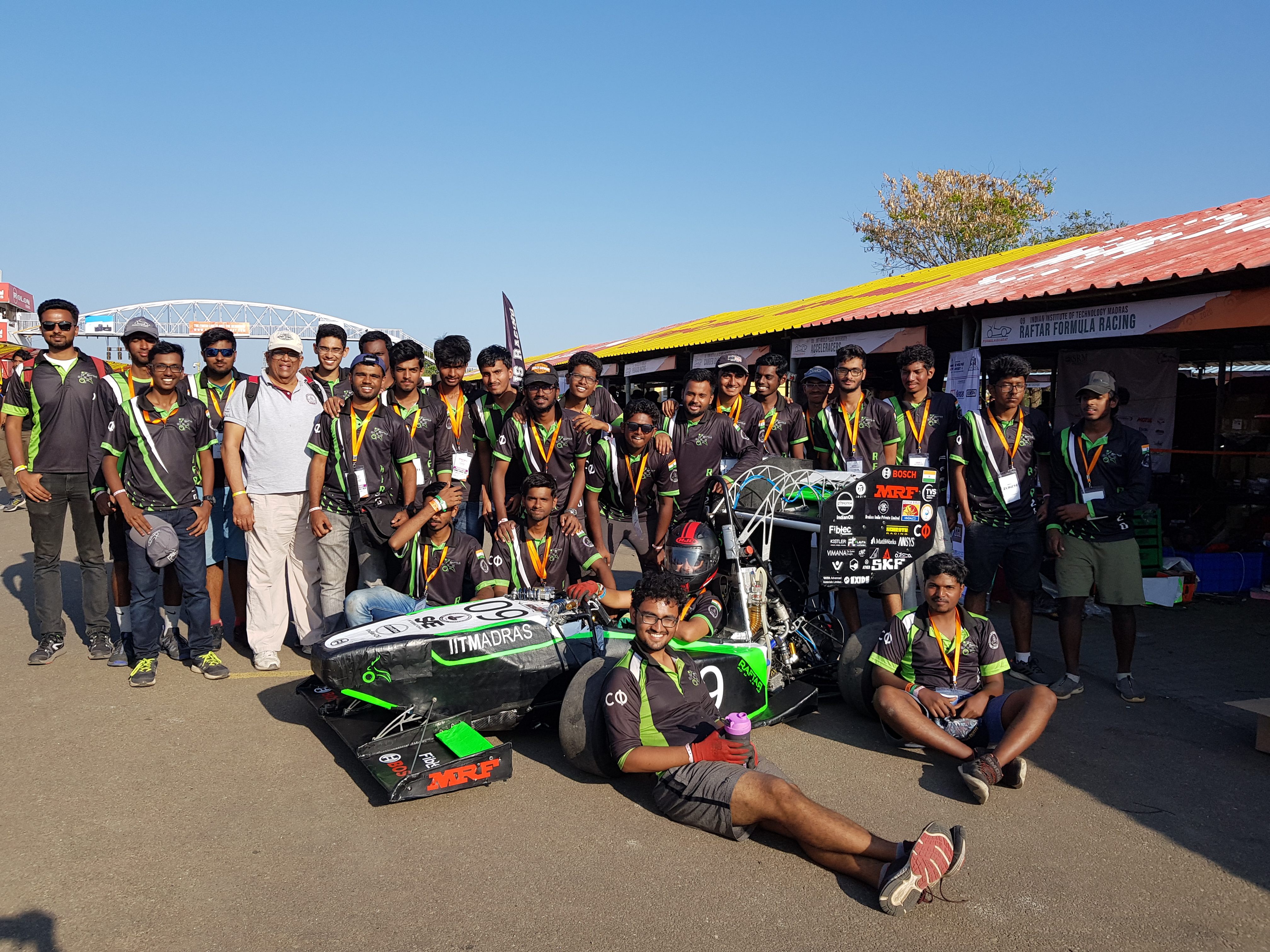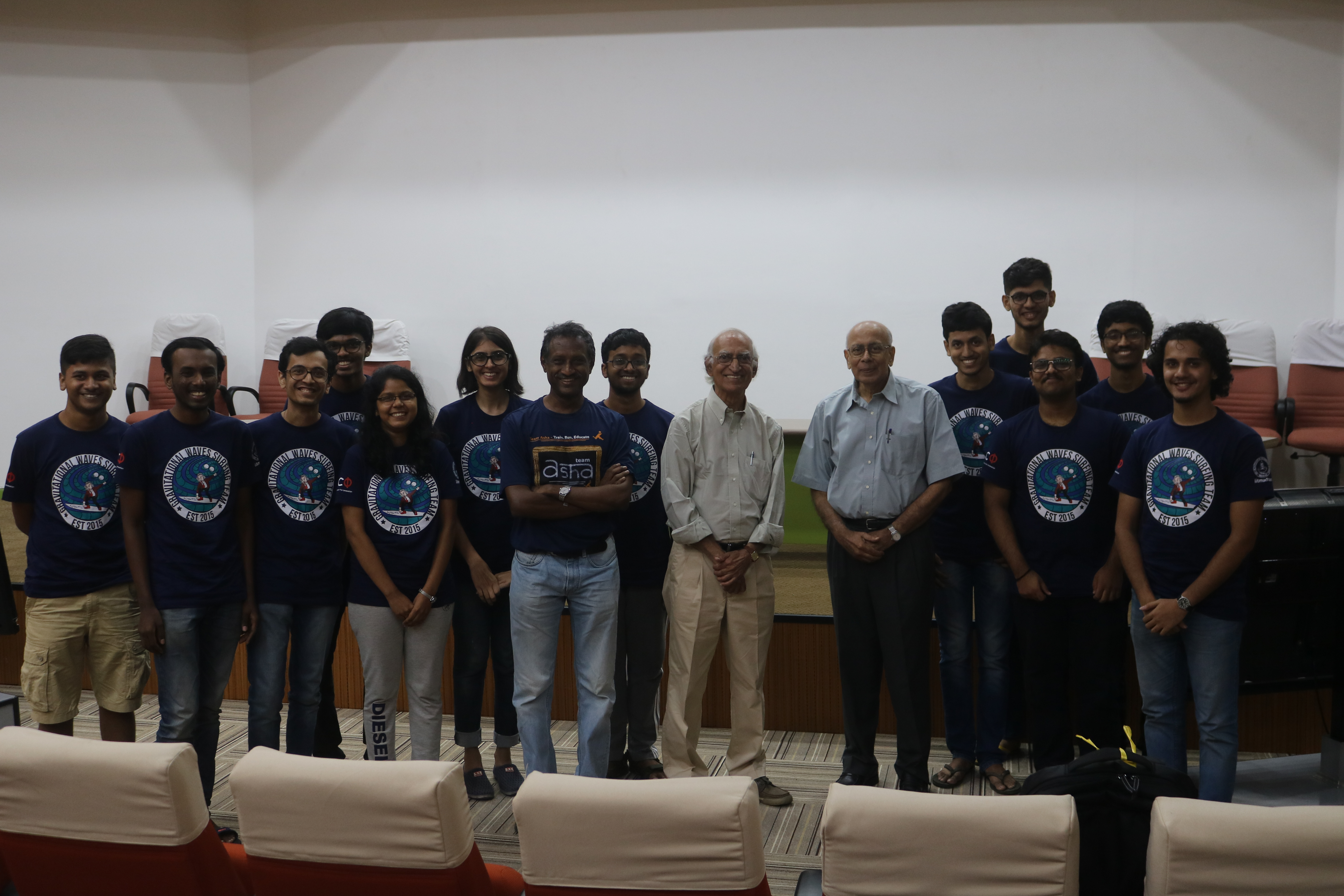Placement season is around the corner once again, and the air is abuzz with hot gossip about where was bhaiya placed? Oh, didn’t she go for core?
The topic of one’s job placement and the thought process accompanying that choice is quite understandably tedious and filled with doubt. This is especially true when choosing a non-core job over a core job.
The uncertainty is caused by two factors:
- Losing interest in the core subject but being unsure of what they would like to pursue in its stead
- Enjoying their core course but being unable to pursue it.
The second point is especially true for students of departments such as Naval Architecture and Ocean Engineering, Metallurgy and Metallurgical Sciences, and Biotechnology, where the doubt is brought into sharper focus as the core placement opportunities offered are fewer compared to other branches, such as Computer Science or Electrical Engineering.
We, at T5E spoke to a few graduates recently placed in non-core fields to see what they had to say about the matter.
The significant reasons for choosing non-core jobs over core jobs can be summarized under three points:
- The initial perception of a particular branch is very different from the actual experience
And perhaps this is the root of the cause in itself. Most IIT students have little to no in-depth knowledge of the branch they choose. Many choose a branch based on its ordering in the rank list, others because they like the names of the courses involved – relating it with topics they’ve studied and enjoyed in the past, and others simply because of a preconceived notion of the branch they’ve built up in their head.
Of course, this does not ring true for everyone. There are always students who do in-depth research on the branch they are planning to study for the next four to five years, talk to previous students who have taken the course, and do a thorough examination before joining. But while conducting the interviews, we found that the number of students who perform such an exhaustive examination is shockingly low.
And it’s fine at first, really. The first-year courses are mostly the same for everyone – unnervingly similar to eleventh and twelfth-grade portions – and students bludgeon their way through them with the hope that “things will get more interesting once we delve deeper into core subjects.”
But then the core courses start, and it’s not what was imagined. A Metallurgy graduate said that he lost interest in the branch once he discovered that it was much more theoretical than imagined, with insufficient focus on problem-solving – which was what he had expected.
This brings us to the second point:
2. Finding fields that they are more interested in pursuing a career in
Any IIT-Madras student will tell you that the number of opportunities granted is massive. Any fleeting interest you’ve had in the past? Oh, you’ll have the chance not just to explore it but receive guidance on how to pursue it to the maximum extent possible. Not enough? You can also participate in national and international competitions and connect with other skilled individuals worldwide on behalf of IITM.
With all these possibilities granted on a silver platter, it is perhaps no wonder that many students deviate from their core path into other fields that seem more catered to their interests. A chemical department graduate said he did not particularly like the placement opportunities offered to him in core, but finance appealed to him a great deal more.
3. And of course, the package offered.
This is perhaps a sensitive topic for some, who claim that others should not choose the simple luxuries that money can provide over further studying their subject of interest. However, for most, this is not a privilege that can be afforded. The time for pursuing interests comes after a comfortable life for them and their families have been financially secure.
And the facts are such: the core jobs for courses such as Biotechnology require their recruits to have a Ph.D. before placing them in a position that would give them their desired salaries. Again, this is because there aren’t enough places in core to recruit students right out of Undergrad.
This isn’t an issue that arises in departments such as Computer Science, however, since the IT field is a massive behemoth that perennially grows. Jobs, especially those offered to a student fresh out of an institute such as IIT Madras, are well paid.
But there are the outliers – those who’d loved their core fields but couldn’t choose it for practical reasons – and would love to return to it one day. A Biotechnology graduate placed in management and consultancy spoke to us about how she’d adored her core course and had been set on going into research after Undergrad.
And she would have, if not for the pandemic throwing everyone into lockdown and spinning all our carefully laid plans into a frenzy. She wondered if she was ready for another six years of academia, and ultimately decided that she’d instead opt for a job with more personal interaction, traveling and interesting problem-solving.
However, for her, this is a means to an end goal: consulting at various pharma companies and biotechnology firms and, hopefully, one day, managing her own biotech company.
At the end of the day, as long as you have made the choice that makes you happiest – core or non-core, the only factor that matters is that you have the best, most enriching experience possible.
And to the overthinkers out there – nothing is set in stone! A person who goes into core will always have the opportunity to switch to a passion they discover further on in life.
Similarly, those who go into non-core, for now, will be able to come back into core if they ever feel the desire to do – considering they already have their starting steps with completing an entire undergrad course in said core!
I’d like to end this article with the quote: “It’s not about making the right choice. It’s about making a choice and making it right.”
And of course, any choice you could possibly make has been made a hundred times over by a hundred different people, so you will always have a chorus of voices to request a second opinion from.
Happy placement season!




